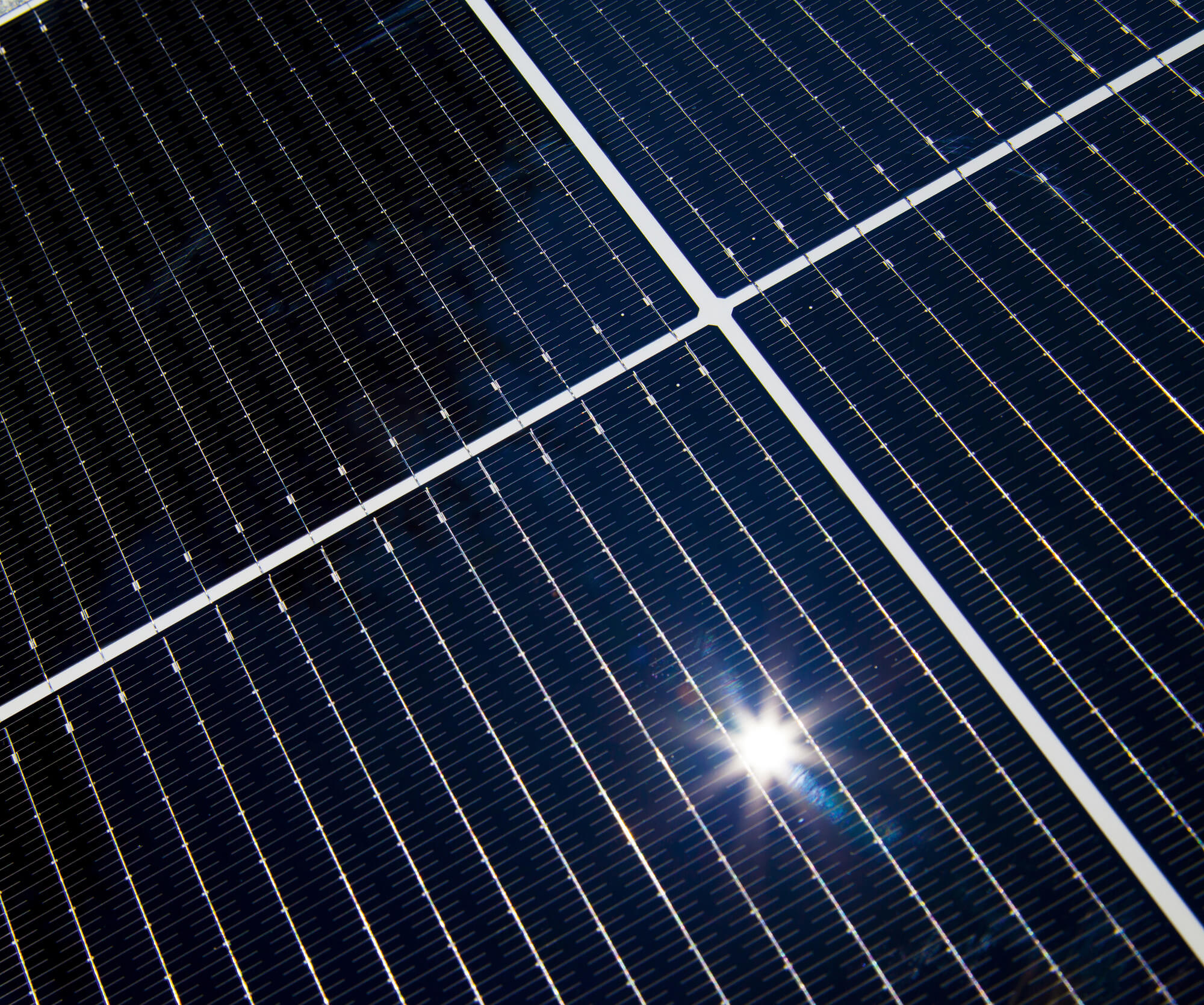New Approaches to Reliability Assessment: 9th SOPHIA Workshop PV-Module Reliability
From May 28 -29, the Polymer Competence Center Leoben (PCCL) and the Fraunhofer Institute for Solar Energy Systems ISE, supported by Austrian Photovoltaics Technology Platform, will host the 2019 SOPHIA workshop “PV-Module Reliability”. The workshop in Graz, Austria, will focus on reliability aspects of innovative materials, developments in modeling and the standardization of lifetime predictions. Experts from research and industry will also discuss the influence of reliability and service life on the sustainability of PV modules with the participants.

“Aspects of sustainability play an increasingly important role for both customers and manufacturers of photovoltaic modules. The workshop addresses numerous factors relevant to sustainability, ranging from material selection and new module concepts to recycling the solar module," explains Dr. Karl-Anders Weiß, Head of the Service Life Analysis Group at Fraunhofer ISE.
"The workshop takes current developments in material, cell and module development into account. We discuss their effects on test procedures and standards," says Dr. Gernot Oreski from the host PCCL.
The first program block of the workshop will focus on new cell interconnection technologies such as Smart Wire, with the aim of further increasing module efficiency, reducing costs or avoiding the use of critical materials. But how do these technologies affect module reliability?
Bengt Jäckel (Fraunhofer CSP), Michael Owen-Bellini (NREL) and Daniel Philipp (Fraunhofer ISE) discuss considerations for the implementation of new testing methods on module and material level into established type approval standards. They are intended to meet the demands of consumers for relevant proof of quality and performance and of manufacturers for a fast and cost-efficient testing process.
In the third of the seven thematic blocks, international doctoral students working on the life and evaluation of PV modules as part of the EU Marie-Curie SolarTrain project will present their research results.
The degradation of the materials used strongly impacts the reliability of PV modules. Maria Gagliardi (IMT School for Advanced Studies Lucca) compares accelerated aging tests and long-term outdoor tests of EVA films. Abdulkerim Gok (GYTE) discusses whether machine learning can support the reliability assessment of PV modules and power plants.
The long-term properties of polymer encapsulations and backside materials play an important role in the durability of PV modules. Innovative new materials offer the opportunity to increase performance and reduce costs, but their durability has to be maintained at a high level and material incompatibilities have to be investigated thoroughly. Experts from PV production and research institutes will discuss current developments in the fifth thematic block.
With thin-film modules, organic and perovskite solar cells, viable alternatives to classic crystalline silicon modules are developing. The influence and the requirements that these new cell types and technologies have on module reliability will be discussed in the sixth program block.
Recycling and reliability as key factors for sustainability will be the final focus of the workshop. Karl-Anders Weiß looks at the effects of module reliability on sustainability. Gabriele Eder from OFI will present possible repair measures for defective backside foils. Françoise Burgun (INES) reports on how the implementation of sustainability criteria in the French tender process affects the market.
The workshop ends with a plenary discussion on the topics: "How to include reliability metrics in sustainability assessment/Eco-labelling? and “How to increase the visibility of/awareness for quality and reliability aspects?”
Further information and registration: www.pv-reliability.com
Last modified: